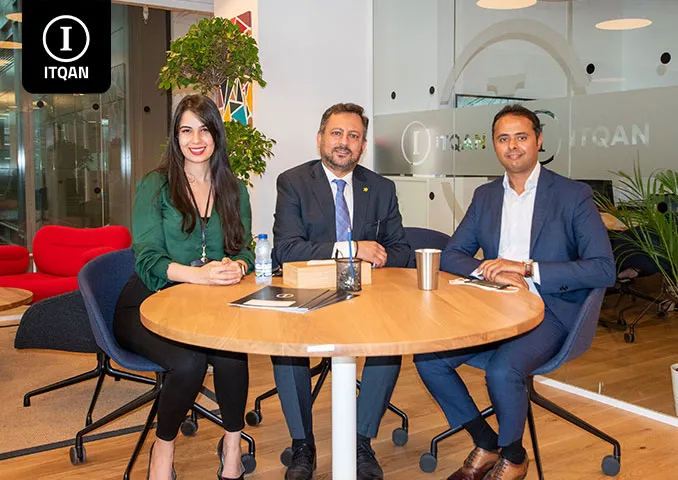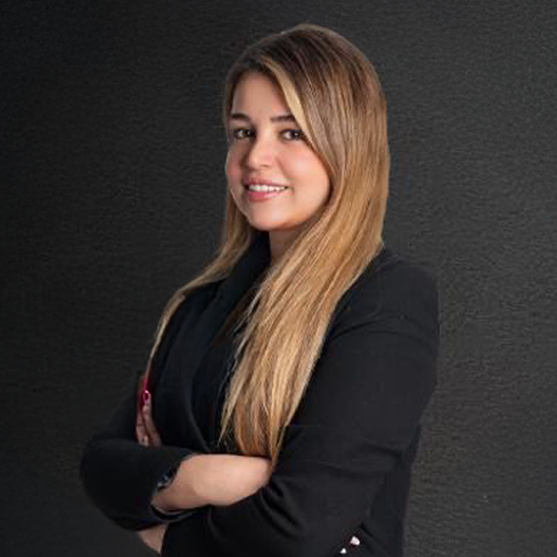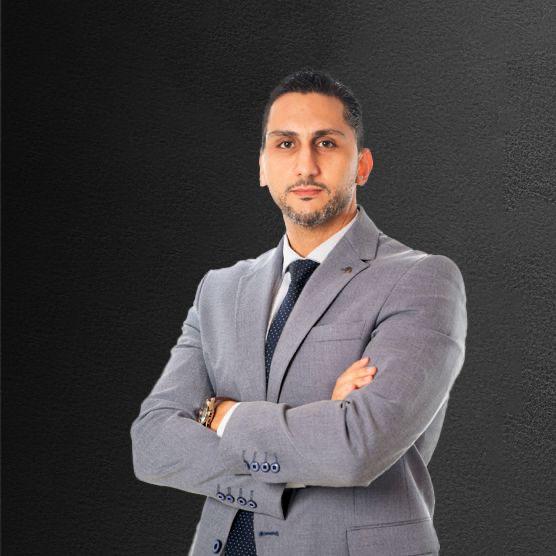Business Setup UAE: Choosing Between a Commercial and a Professional License in Dubai
Embarking on a business setup in UAE requires several critical decisions, one of the most important being the type of trade license to obtain. Dubai offers a variety of business license options, with the commercial license and the professional license standing out as the most common choices for entrepreneurs. Choosing the right one can significantly impact your business operations, ownership structures, and regulatory obligations.
Understanding Trade Licenses in Dubai
Dubai requires every business to hold a valid license. These licenses are issued based on your business activity, ownership structure, and the location in which you plan to operate. The most frequently issued are:
- Commercial License – for trading-based businesses.
- Professional License – for service-oriented businesses and professionals.
For an in-depth comparison, visit the How to Choose the Right Trade License for Your Business in Dubai article.
What is a Commercial License?
A commercial license is designed for businesses that are engaged in buying and selling goods or commodities. This includes sectors such as retail, wholesale, import/export, and logistics. Entrepreneurs aiming to start a company in UAE that involves product distribution will find the commercial license appropriate.
Common Activities under Commercial License
- Trading goods (e.g., electronics, clothing, furniture)
- Retail and wholesale businesses
- Import-export services
- Real estate brokerage
What is a Professional License?
A professional license in Dubai is suitable for individuals and businesses offering professional, intellectual, or consultancy services. If you’re planning a business setup UAE focused on services such as accounting, design, health consultancy, or education, this is the right option.
Key Sectors under Professional License
- IT services and consulting
- Legal and financial advisory
- Marketing and media agencies
- Education and training centers
Business Setup UAE: Key Differences Between Commercial and Professional License
To make the best decision, entrepreneurs must understand the core differences between these license types:
| Features | Commercial License | Professional License |
|---|---|---|
| Business Activity | Trading & Goods | Services & Consultancy |
| Ownership Structure | LLC or Sole Establishment | Sole Establishment / Civil Company |
| Local Sponsor Requirement | Required (unless 100% foreign ownership is available) | Local service agent (LSA) instead of a sponsor |
| Tax Liabilities | VAT applies; Corporate tax may apply | VAT applies if threshold met; Corporate tax may be exempt |
Cost Implications of Each License Type
Understanding the cost structure is essential when you launch a business in UAE. While costs can vary depending on location, business activity, and structure, here’s a general breakdown:
Commercial License Costs
- Trade name reservation
- Initial approval from DED
- License fee (typically higher than professional license)
- Location rental and Ejari registration
Professional License Costs
- Professional license fee (generally lower)
- Service agent agreement
- Consultancy permit or additional approvals (as needed)
Check our detailed article on How Much Does It Cost to Open a Company in Dubai for exact figures and variations.
Ownership and Legal Structure
If you’re an expatriate looking for full ownership, this could be the deciding factor:
- Commercial License: Previously required a local sponsor owning 51%, but now, many trading activities permit 100% foreign ownership.
- Professional License: Allows 100% foreign ownership by appointing a local service agent who has no equity stake.
For more on this, visit the UAE Government Portal.
Business Setup UAE: When to Choose Commercial License
You should choose this license if:
- Your core activity involves buying, selling, or trading products.
- You plan to use warehouses or logistics hubs.
- You anticipate dealing with import/export documentation frequently.
When to Opt for a Professional License
A professional license is ideal if your skills or qualifications are the service being sold. Choose this route if:
- You offer consulting services or expertise in a specific domain.
- You aim to establish brand credibility and trust through educational or technical services.
- You want minimal initial capital investment.
Location Factors: Mainland vs Free Zone
Regardless of license type, deciding whether to operate in a free zone or mainland setup is vital for your business setup UAE strategy. Here’s a quick comparison:
- Mainland: Allows you to do business anywhere in UAE; ideal for service providers and retailers.
- Free Zone: Offers tax benefits and 100% foreign ownership; ideal for import/export or tech startups.
Explore this further in our guide Mainland vs Free Zone: Where Should You Open Your Company in Dubai?
How to Apply for a Trade License in Dubai
Here’s a step-by-step process to acquire either a commercial or professional license:
- Determine your business activity.
- Choose your legal structure and business location.
- Finalize your trade name and get it approved.
- Submit necessary documents to the Department of Economic Development (DED).
- Rent office space and register with Ejari if on mainland.
- Receive your license and start business operations.
Common Mistakes to Avoid
Many new entrepreneurs make avoidable errors during their business setup journey. Be cautious of:
- Choosing incorrect business activity.
- Not understanding sponsorship agreements.
- Missing mandatory approvals from authorities.
Learn more about this in our article: Common Mistakes to Avoid When Renewing Your Trade License in Dubai.
Final Thoughts
Choosing between a commercial and a professional license is a fundamental aspect of business setup UAE. The right license not only ensures compliance but also positions your enterprise for strategic growth. Consider your business activities, ownership goals, and cost factors when making a decision. Whether you’re trading goods or offering expert services, the UAE continues to offer a dynamic business ecosystem backed by strong regulatory support.












